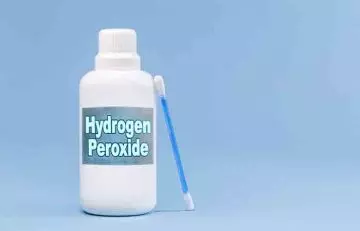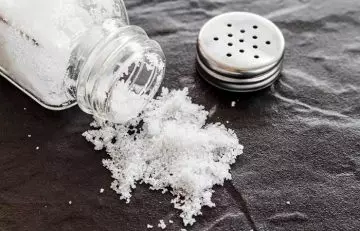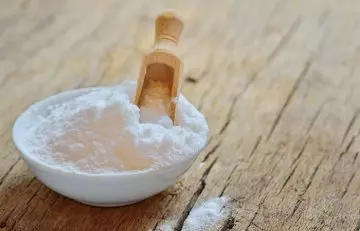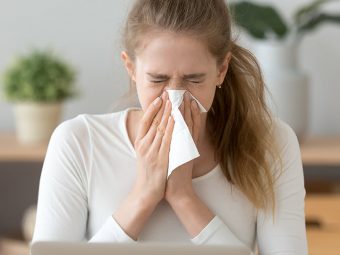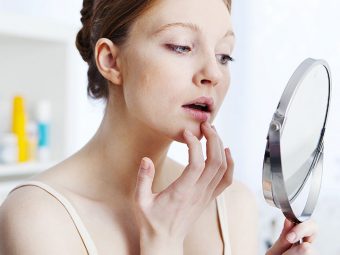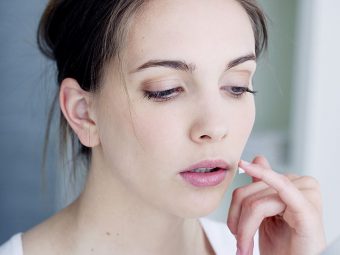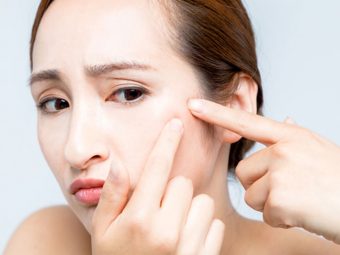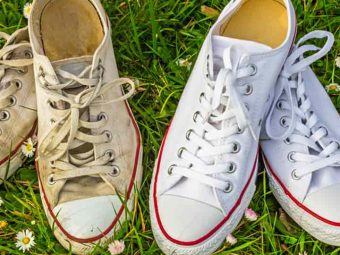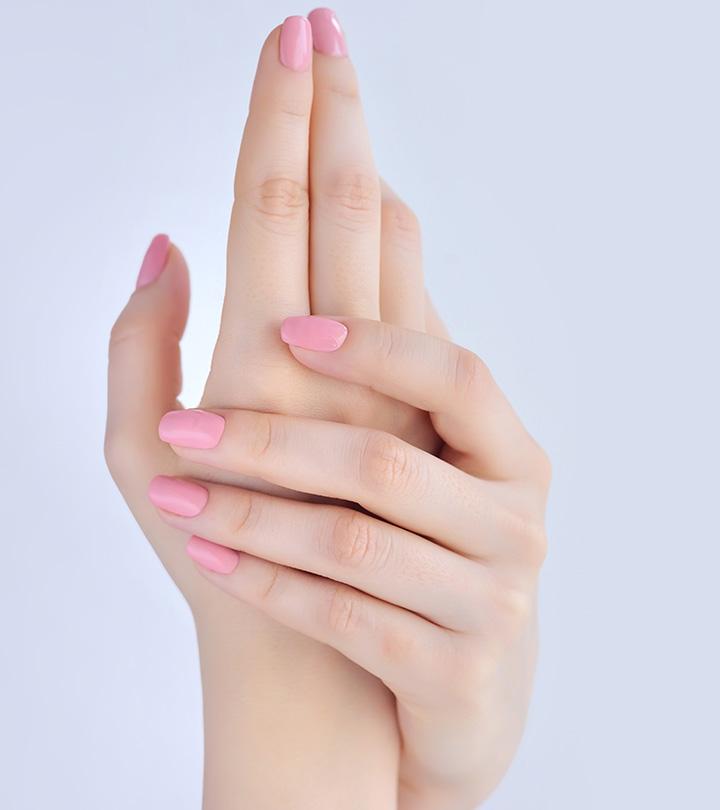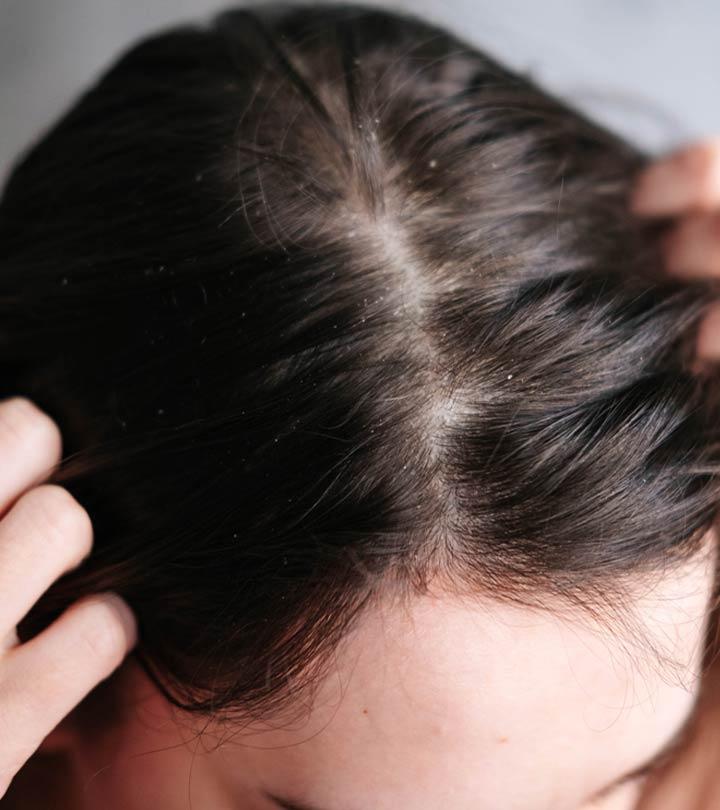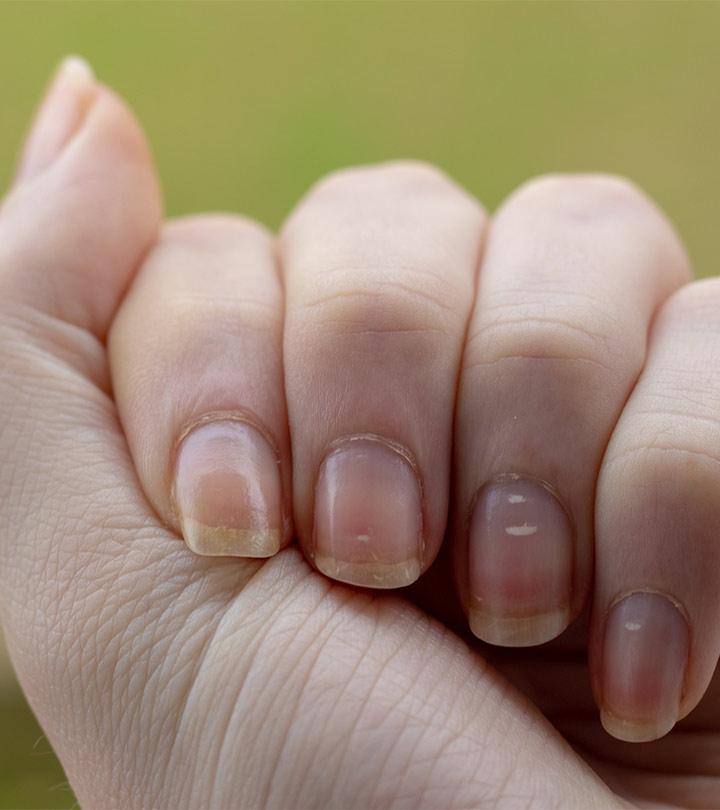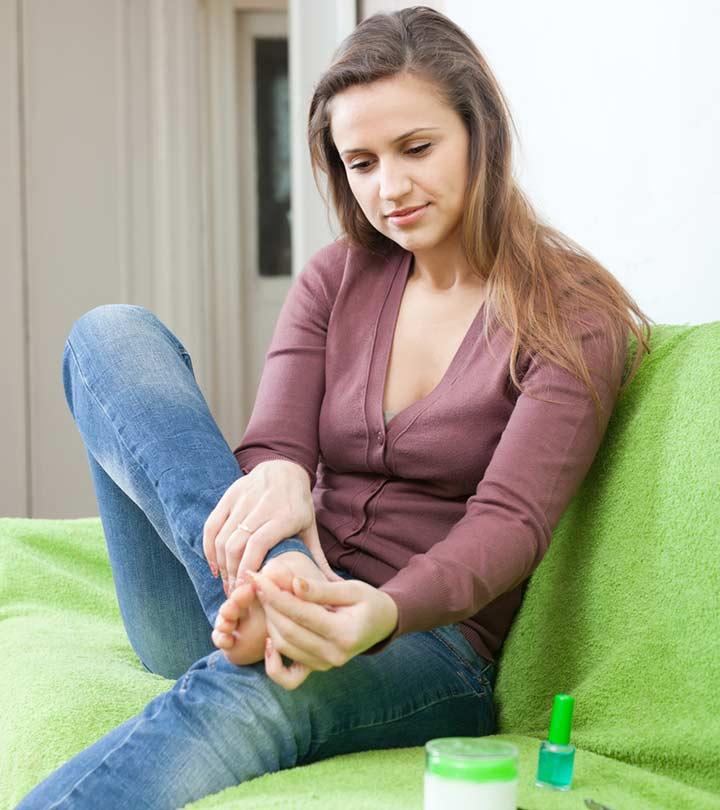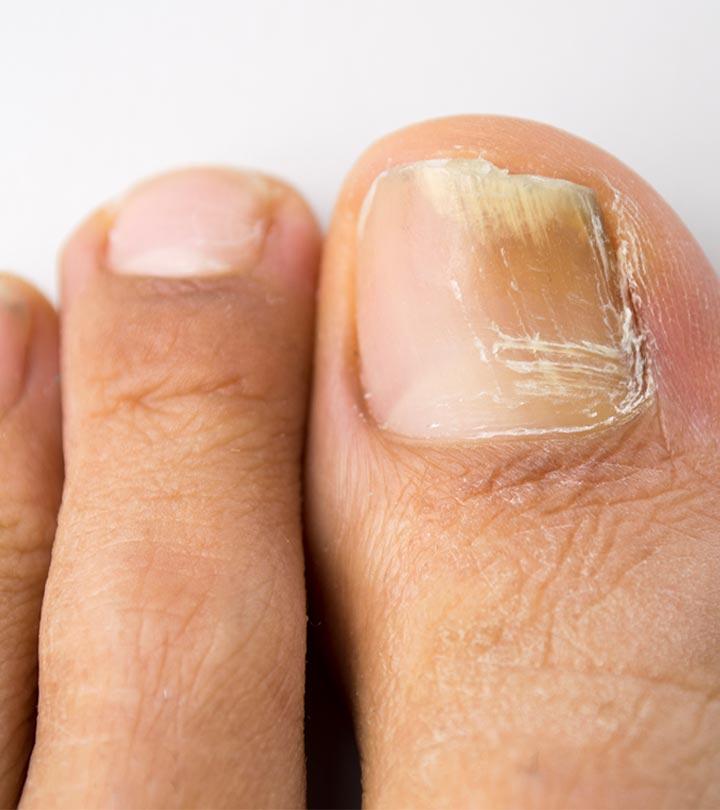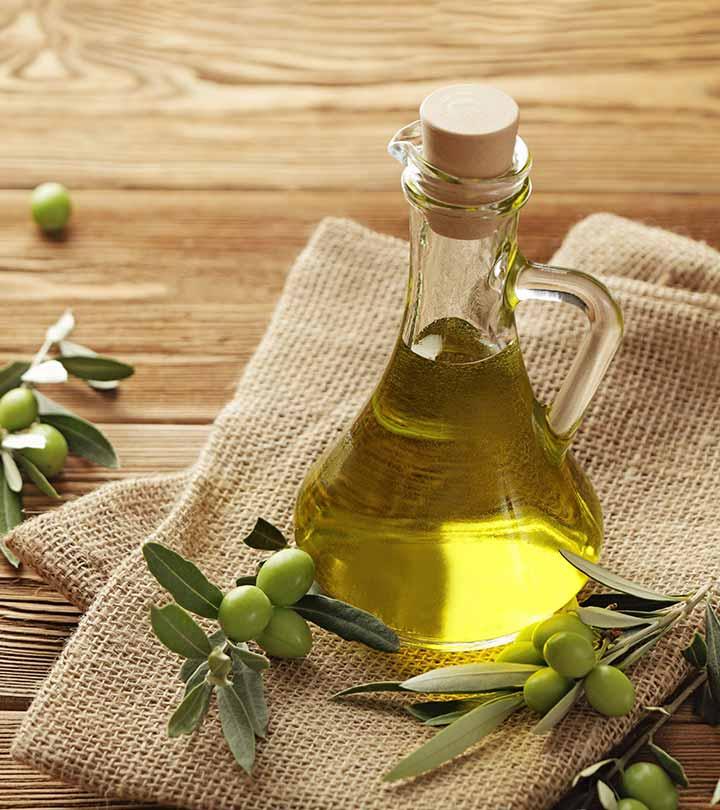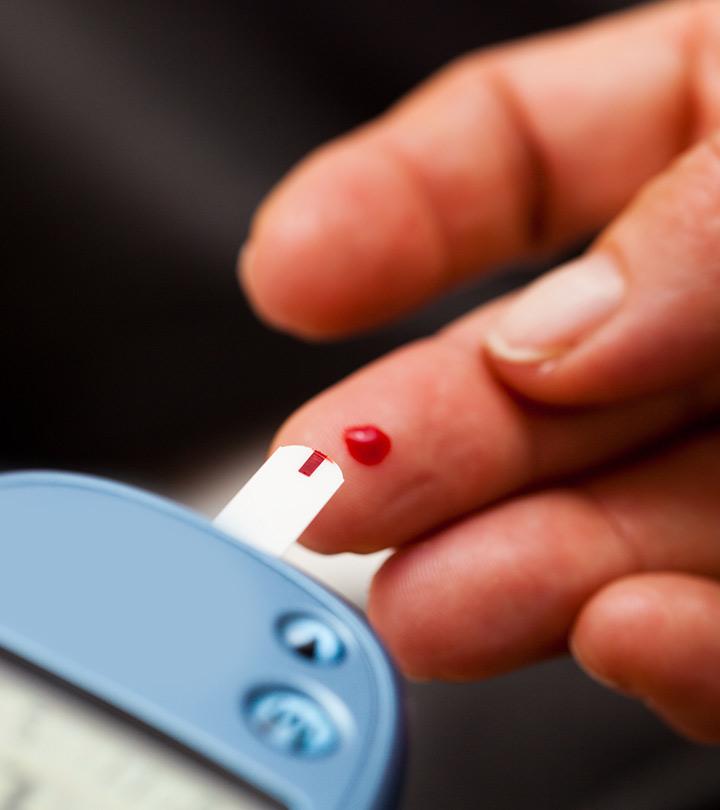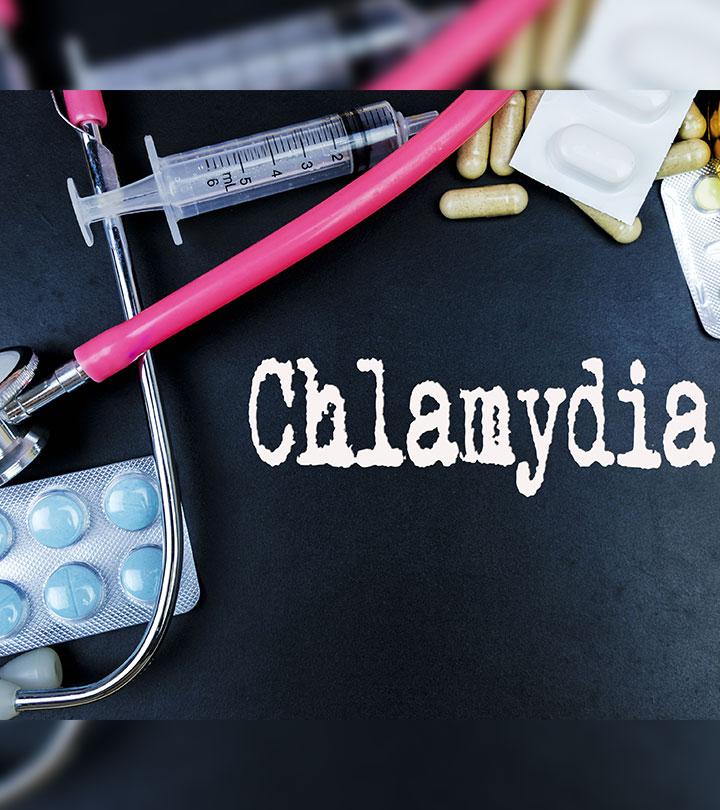Is Hydrogen Peroxide A Cure For Cold Sores?
Soothe and manage those painful blisters with a quick and simple home remedy.
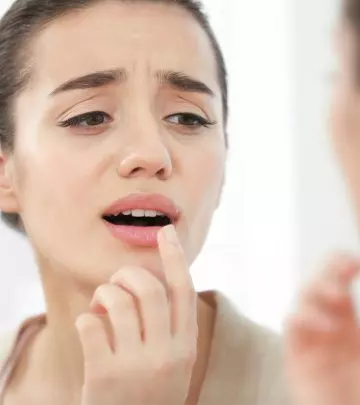
Image: Shutterstock
You may have heard about hydrogen peroxide as a cure for cold sores, and there is indeed some support for this remedy. Hydrogen peroxide is essentially a strong chemical with numerous industrial uses. Still, when used in its mild form, it can help with cuts, sores and other dermatological applications, as well as in dentistry.
Cold sores are fluid-filled lesions. You can get cold sores on your lips, cheeks, nose, and even on the skin surrounding your eyes. Keep in mind that cold sores are different from canker sores. Cold sores are contagious, whereas canker sores are not. Resulting from an infection by the herpes simplex virus, cold sores need to be treated immediately.
In a study, it is estimated that approximately 60% to 90% of the population carries the herpes simplex virus type 1. The chances of having the virus increase as people get older. Many individuals are unaware of their infection since they do not experience any symptoms. However, around 20% to 40% of those infected may develop cold sores due to the virus.
Doctors commonly prescribe antiviral drugs and topical ointments to treat them. However, if you are looking for a quick remedy that you can apply at home, you can use hydrogen peroxide. We discuss how hydrogen peroxide works against cold sores and how to use it properly and safely to treat blisters. So, read on.
In This Article
Is Hydrogen Peroxide A Cure For Cold Sores?
When you use home treatments for cold sores, they typically consist of methods that help in alleviating pain and drying the sores so that the healing process is faster. Hydrogen peroxide makes an effective home remedy for these blisters as it works similarly. This commonly used disinfectant for cuts and wounds can help treat cold sores because of these properties (1):
- It is an antiseptic that cleanses the skin and kills the microorganisms present on the skin’s surface. This treats and prevents the infection and helps in wound healing (2).
- It has antiviral properties that can specifically target the virus causing the cold sores. The mechanism of this antiviral activity involves weakening the molecular framework of the virus by discharging oxygen atoms (3).
- An added advantage of using hydrogen peroxide for cold sores is that it can help to lighten the scars that the blisters may leave behind. This is because of the skin bleaching properties it possesses (4).
 Quick Tip
Quick TipLet us now look at the different ways in which hydrogen peroxide can be used to treat cold sores.
How To Use Hydrogen Peroxide To Cure Cold Sores
Home Treatment Of Cold Sores With Hydrogen Peroxide
1. Gargle Hydrogen Peroxide For Cold Sores
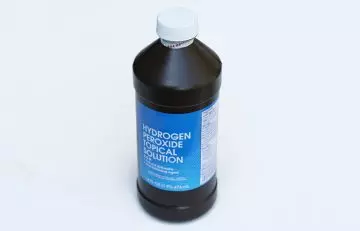
You Will Need
- ½ cup hydrogen peroxide solution
- ½ cup water
- Q-tip
What You Have To Do
- Dilute the hydrogen peroxide in water and gargle with it if the cold sore is present inside the mouth.
- To treat topical sores, apply hydrogen peroxide directly on them using a Q-tip.
How Often You Should Do This
Repeat this once or twice every day.
Why This Works
The antiseptic and antiviral properties of hydrogen peroxide will treat the viral infection and heal the sore. This also helps with maintaining proper oral hygiene.
2. Salt And Hydrogen Peroxide For Cold Sores
You Will Need
- 1 teaspoon salt
- Hydrogen peroxide solution
What You Have To Do
- Make a paste by adding some hydrogen peroxide to the salt.
- Apply this paste on the cold sore and let it dry.
- Wash it off with water.
How Often You Should Do This
Apply this twice a day.
Why This Works
Salt possesses antimicrobial properties (2). The beauty of this advantage is that it can speed up the healing process of the cold sore even more when used in combination with hydrogen peroxide. This also works for a sore throat.
3. Hydrogen Peroxide And Baking Soda For Cold Sores
You Will Need
- 1 teaspoon baking soda
- Hydrogen peroxide solution
What You Have To Do
- Mix some hydrogen peroxide solution with the baking soda to get a paste.
- Apply this on the cold sore and keep it on for 10 minutes.
- Rinse it off with water.
How Often You Should Do This
Repeat this once every day.
Why This Works
Baking soda is also a commonly used antiseptic agent. It eliminates the virus, reduces the inflammation at the affected site, and soothes the inflamed skin (3).
These home remedies using hydrogen peroxide are an effective and inexpensive way to treat cold sores. Some OTC medications may work, but they are full of chemicals that cause quite a lot of harm to your skin. Go for one of the remedies listed above and treat the cold sore without any side effects.
 Quick Tip
Quick TipHere are certain things that you should keep in mind if you are using hydrogen peroxide to treat cold sores.
Things To Remember
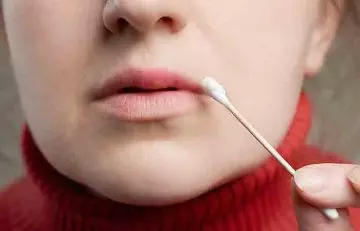
- Hydrogen peroxide will not prevent the formation of new blisters. It will also not make an infected person any less contagious.
- Always use 3% hydrogen peroxide as it is not too strong and will not cause damage to your skin, provided you use it properly.
- You can use the solution to clean the affected area several times a day.
- Make sure that you keep your skin clean at all times. Always use sterilized cotton balls or swabs to apply the peroxide solution.
- Always conduct a patch test on a small area of your skin before using hydrogen peroxide on lips. If you experience any itching, redness, or swelling, you may be allergic to it and you should avoid using it on your lips.
- Limit the application time and do not leave hydrogen peroxide for an extended period. Leave it on for a few minutes and thoroughly rinse it off with water.
- Do not consume hydrogen peroxide as it may be toxic. Make sure you do not swallow it under any circumstances while using it on your lips.
- Using hydrogen peroxide may dry your skin, so apply a lip balm to keep your lips moisturized and prevent dryness.
If you are doubtful about using hydrogen peroxide for cold sores, consult a health care professional and only then use it.
Infographic: 3 Ways To Use Hydrogen Peroxide For Cold Sores
Hydrogen peroxide may be the best treatment if you need prompt relief from a cold sore breakout. It is a popular home remedy and is thought to possess strong therapeutic properties. However, while using this substance to treat a cold sore does help, caution is advised. Check out the infographic below to understand how to treat cold sores with hydrogen peroxide. Illustration: StyleCraze Design Team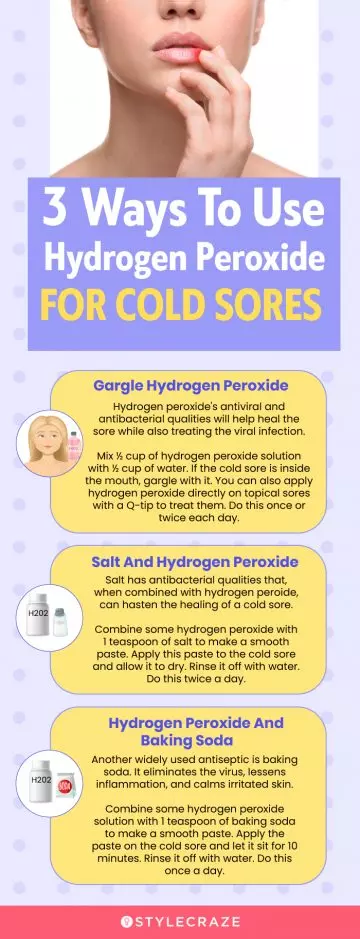
Hydrogen peroxide is a cure for cold sores when diluted appropriately. It is an effective remedy as it has natural antiviral and antibacterial properties. It deals with the virus causing the cold sore and reduces any risk of further infection. However, it may not be effective in severe cases, and medical intervention is necessary. Make sure you check the concentration of hydrogen peroxide as that of a higher grade may be harmful.
Frequently Asked Questions
Do cold sores mean you have an STD?
A cold sore does not always imply that you have an STD. The herpes simplex virus type 1 (HSV-1) causes the majority of cold sores. It mainly affects the lips and is not transferred through sexual contact. Cold sores can also be caused by another form of herpes simplex virus called HSV-2, which is less frequent.
Does toothpaste help cold sores?
Cold sores are caused by the HSV-1 virus, which could be controlled by a component found in toothpaste. Many kinds of toothpaste contain sodium lauryl sulfate (SLS), which is supposed to aid in drying out blisters and cold sores. However, the only evidence supporting the claim that toothpaste can prevent or treat cold sores is anecdotal.
What vitamins prevent cold sores?
Cold sores can be treated and prevented with ascorbic acid (a type of vitamin C found naturally in foods). While vitamin C does not cure cold sores, it can help them heal faster. According to one study, rubbing diluted on a cold sore ascorbic acid helped prevent it from worsening (4).
Does coffee make cold sores worse?
Since coffee is a stimulant, its high consumption may reawaken HSV-1. While a single cup of coffee is unlikely to cause harm, excessive coffee drinking can be harmful. However, the compounds in coffee have been found to hinder the growth and cell reproduction of herpes virus (5).
Key Takeaways
- The antimicrobial nature of hydrogen peroxide can help treat cold sores.
- You can dilute the chemical and use it to cleanse the affected areas of the skin. This can help treat the infection.
- Hydrogen peroxide in its mild form can reduce inflammation and prevent cold sore scars. However, you need to use it with caution to prevent unwanted skin irritation.
“Learn how to use hydrogen peroxide to treat herpes and cold sores from this video. Play it now to get quick relief with this simple and effective remedy.”
References
Articles on StyleCraze are backed by verified information from peer-reviewed and academic research papers, reputed organizations, research institutions, and medical associations to ensure accuracy and relevance. Read our editorial policy to learn more.
- Hydrogen Peroxide: A Potential Wound Therapeutic Target?
https://www.ncbi.nlm.nih.gov/pmc/articles/PMC5768111/ - Antimicrobial properties of salt (NaCl) used for the preservation of natural casings
https://pubmed.ncbi.nlm.nih.gov/16943065/ - Antibacterial activity of baking soda
https://pubmed.ncbi.nlm.nih.gov/12017929/ - Topical treatment of recurrent mucocutaneous herpes with ascorbic acid-containing solution
https://pubmed.ncbi.nlm.nih.gov/8540748/ - Inhibition of multiplication of herpes simplex virus by caffeic acid
https://pubmed.ncbi.nlm.nih.gov/21725588/





